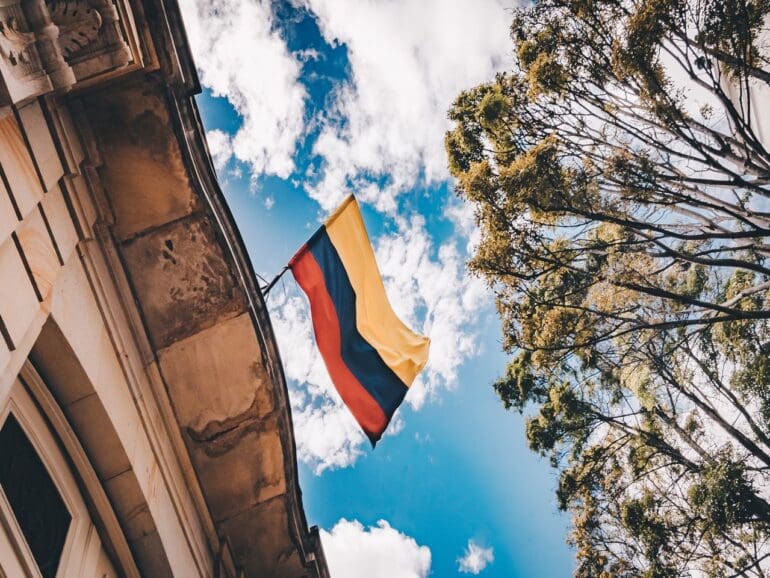Open Finance has come a long way in Latin America, with many of its major fintech ecosystems benefitting from the novel framework. In Colombia, however, it is still a new concept. But the country is catching up with a series of regulatory initiatives.
The third-largest fintech sector in the region, the South American country, is moving closer to having a similar framework. Open Finance establishes rules for exchanging financial information among fintechs and banks. It is expected to reduce information asymmetries and promote competition in the industry. The overarching goal is to lower costs for end-users.
The framework is becoming a trend in Latin America. Brazil has fully implemented Open Finance, while Chile recently passed a fintech law that encompasses the idea.
Last year, the Colombian government took its first steps. It published a decree that opened the door to defining rules for banks and fintechs to exchange information.
As a result, Open Finance is now being considered in Colombia. But now, it could be made mandatory.
The new government has incorporated this year Open Finance as part of its so-called National Development Plan. It is a multi-year legal roadmap for the next four years.
“It was possible to include the obligation of Open Finance in Colombia, which is finally going to be a reality for Colombians,” Gabriel Santos García, president of Colombia Fintech association, said to Fintech Nexus in an interview. “This is going to be very beneficial for the entire ecosystem.”
Risk of falling behind amid new wave of regulation
To be sure, the approval of the fintech law last year in Chile shone new light on fintech regulation in Latin America. It could spur a new wave of regulation.
Central banks are encouraged to accelerate such frameworks, with the industry proving a critical ally in fostering financial inclusion. In such a dynamic sector, falling behind in regulation could hinder its ability to draw funding.
“Being the last to develop an open data ecosystem could have reputational damage in terms of investment,” Santos García said. According to him, Open Finance has proven to be a catalyst for innovation. “It fosters the creation of new business models,” he said.
A growing fintech ecosystem in Colombia

The discussion around regulation comes at a time of growth in the ecosystem. According to the Inter-American Development Bank, it is the third-largest market in the region. It accounts for 11% of all financial technology companies in the area, with 279. That is up from just 84 in 2017.
The country has attracted big-sized regional players too. Nubank, the most prominent digital bank in the region, has launched operations in the market. It reports north of half a million clients since its inception. Ualá, an Argentine-based neobank, has also set foot in the South American market as part of its expansion strategy.
According to a recent report by Deloitte, regulation can be decisive for a fintech company pondering an investment. “For fintech companies, it is extremely important to clearly understand the current law related to the sector, especially for businesses that seek to expand their operations beyond their national borders.”
Open finance to streamline customer acquisition in Colombia
Santos García says Open Finance is critical to lowering costs and driving innovation. “New ventures in the ecosystem will no longer have to spend as much money to acquire new customers,” he said, “but rather on developing their products.”
At any rate, regulation has a long way to go in Colombia.
The fintech expert warns against the risk of the initiative being diluted down the line or incorrectly regulated. In this regard, the example of Mexico, where the fintech law was hugely innovative but then fell short of expectations, is illustrative.
“Colombia is a country that has already processed well-intentioned regulations, but that does not fully understand the specifics of the fintech sector in a neuralgic way,” said García. “It is better to have broad and general frameworks than rules that establish a very complex procedure that could end up ruining innovation.”
For Erick Rincon Cardenas, Director of TicTank and Professor at the Universidad del Rosario, ruling Open Finance as mandatory is critical. “Open Banking needs a standard that not only enables data sharing but also gradually demands that it be made mandatory,” he told Fintech Nexus.
He also voiced for regulation specifically aimed at the cryptocurrency sector. “The country urgently requires a comprehensive regulation regarding crypto assets,” he said.


